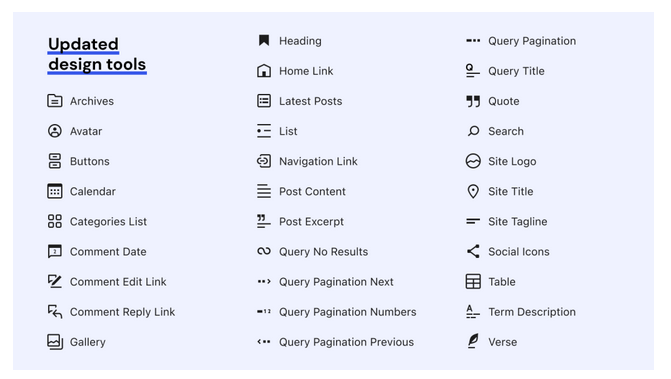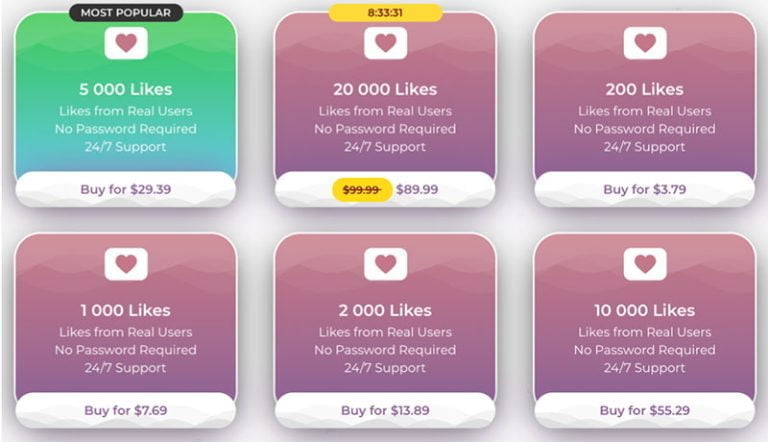
Both share the virtue of acquiring capital via the use of finance, with loans often being for a longer length of time and a defined purpose. When a company obtains funds to meet its needs and extremely short-term requirements, it is referred to as receiving advances, and the funds can be utilized for general corporate activities.
Money is vital to the success of any company. Without capital, it would be difficult to operate a firm. Banks and other financial institutions are the greatest options for any firm to raise capital. Banks provide several funding solutions for your business. Hereby, Loans and advances would be the best pick for business money requirements since they are widely used for business financing.
What is a Loan?
Table of Contents
Finances are the lifeblood of any business. It’s really the biggest and most popular financial instrument offered by banks and other financial institutions to help businesses meet their cash flow requirements. Therefore, once it becomes difficult for the owner to secure financing, businesses may use this option to obtain cash. This option for financing is provided on a long-term basis. Loans are a sort of debt with a longer term of repayment.
Also Read: The Advantages of Debt Financing For Your Business
What is an Advance?
An advance refers to a line of credit given by banks to meet daily cash requirements. Due to the fact that banks provide relatively low interest rates and costs for short-term financing, it is less expensive and simpler to arrange. When companies need funding for day-to-day expenses such as salaries, wages, or the procurement of materials, they may look to banks for this credit facility.
An Illustration of Loans and Advances
It has become increasingly difficult for the owner of a company to obtain funds from his confidential sources, leading the company to seek outside capital. The business owner requires cash for two reasons: operating capital (for day-to-day expenditures such as pay, labor, raw materials, etc.) and equipment purchases for his company.
Therefore, the firm owner contemplates obtaining funding from banks and other financial organizations. Assume the business owner enters his bank using the company’s checking account.
The bank now provides two choices for obtaining funds: loans and advances, which are credit facility-based.
Also Read: Reasons Why Unsecured Business Loans Are A Perfect Choice For Businesses
Loan Vs Advance
Due to the high price and lengthy payback time, the bank urges business owners to seek a loan for the purchase of machinery. When a company requires a significant quantity that cannot be repaid in a shorter period, and loans are repaid in equal monthly installments, this option is seen as desirable. In addition to interest, additional fees will be charged to the repayment schedule. If the borrower desires to pay off the loan before maturity, the prepayment option is also accessible.
For day-to-day expenses, however, the bank suggests selecting an advance credit option, i.e., a credit facility offered by the bank in which the outstanding sum must be returned within a shorter time frame. The term of the advance credit arrangement is thus between one and two months. It’s a cyclical process, and once you’ve returned the advances, you may use the same amount for other purposes.
If they take out a loan for the same purpose, they must repay the principal plus interest within a given time frame.
A loan is authorized and must be repaid in full. When a borrower needs a second deadline. Alternatively, advance money must be processed in one transaction with low bank costs.
Also Read: 5 Best And Fast Small-Business Loans
Difference Between Advance And Loan: Key Distinctions
- The loan is the best option for businesses with significant capital expenditure needs for corporate growth, such as machinery, plants, buildings, or any investment needing big money.
- It is not required that the loan be returned in a shorter amount of time. However, when a business needs funds to pay for a shorter term, such as compensation, wages, the purchase of raw materials, or other office expenditures, the advanced option may be considered, as advances can be returned if the business generates revenue from sales or other sources.
- Individuals and businesses can obtain loans in the form of personal loans, home loans, and mortgage loans, but corporations can only obtain advances designed for a particular purpose. In addition to debtors and potential sales, advances can also be secured by prospective sales.
- Loans are issued for a longer duration. Typically, the payback time will extend beyond five years. However, repayment is required within one to two months.
- Interest is a component of loan payments. Additional interest must be paid if the loan repayment period is extended since interest is calculated annually. If not, further costs would be charged to the payback amount.
- A credit facility, which, for the sake of clarity, can be compared to a credit card. We can spend money with a credit card, and monthly repayment is necessary, just as it is with cash advances, which also take a term to clear.
- Before acquiring another loan for the same purpose with the same collateral, the original loan must be repaid in full. However, advances are authorized as a limit, and the amount may be used, returned, and drawn upon within that limit.
- As it involves a considerable amount of money and several legal processes, banks will analyze the loan’s purpose and the business’s capacity to repay.
- The bank will provide loans to businesses depending on their repayment capacity and track record.
- Several financial and non-financial documents must be provided to the bank to establish the business’s purpose and repayment capacity. However, less paperwork and legal processes are required throughout the promotion phase.
- There are possibilities for both secured and unsecured loans. The majority of the time, however, if the loan amount is considerable and the repayment period is lengthy, we must give collateral.
- However, we must offer collateral and director guarantees for advances. Invoices, receivables, assets, etc. are also accepted by banks as collateral security.
Also Read: Reasons Indian Businesses Face Rejection for small business loans
Conclusion
It is evident from the preceding explanation that loans and advances are two distinct words. Advances are issued by banks to address short-term financial needs; they are repaid within one year. Loans are the source of long-term financing. Both are subject to interest and can be repaid in a flat sum, in instalments, or on-demand.







